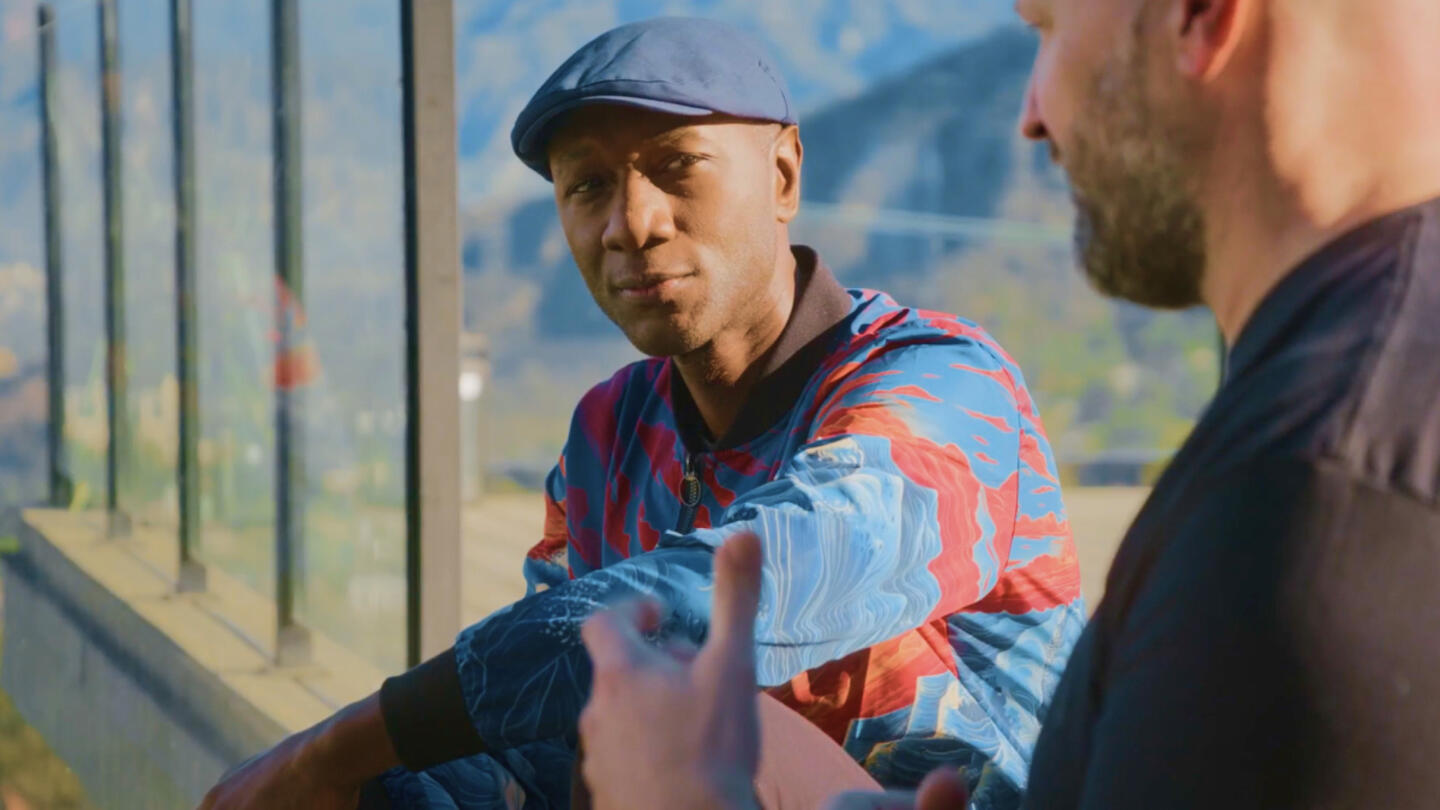Storytelling is one of the oldest human endeavors. For millennia, it has been a way for us to share practical knowledge and life lessons, and also to connect with those around us on a deeper and more empathetic level.
But even though we tell and hear stories every day, the storytelling approach developed by Narrative 4 is perhaps unlike anything you've ever encountered.
Narrative 4 is a global network of students, educators, and artists who use empathy-based storytelling to equip individuals with the emotional and practical skills they need to help bridge divides, both between and within communities.
What is the Narrative 4 Story Exchange?
The core methodology at Narrative 4 is called the story exchange. The process involves people pairing off and telling each other honest stories from their lives. Later, in a group setting, each person recounts the story that the other person told them.
The process is unique in its ability to build empathy because of one key element: The story is retold in a first-person voice, from the perspective of your story partner. This approach makes people more inclined to engage with one another, research suggests.
It can forge deep connections that help shatter stereotypes and fight social isolation. It's little wonder more and more people across the country are dedicating time, preparation, and follow-up with trained facilitators to put it into practice in their lives.
"If we are allowed to understand one another, not through facts and figures, but through personal stories, then we can begin to push change forward," said Colum McCann, an Irish novelist who co-founded Narrative 4 in 2013.
As the holiday season approaches and you're planning to visit with friends and family, story exchanges offer a new way to connect with your loved ones?
It may just help you and your family bridge generational divides and learn more about the people you think you already know.
How Stories Bring People Together
Time around your family and friends doesn't always translate into close and meaningful connections. It happens for a variety of reasons, including a reluctance to be vulnerable, personality differences, and unresolved disagreements.
Sometimes, it's just hard for family members of different generations or different experiences to find common ground.
Each of us is different. But we are all storytellers. And when we become engrossed in a compelling story, it's not a simple matter of us absorbing new information.
Studies show that stories, unlike other forms of information, activate parts of the brain associated with learning and emotional processing, which helps us form stronger memories about that information.
But on a more intuitive level, stories contain universal themes and emotions that help people — even those who seem to have nothing in common — connect more closely. Stories can shift perspectives. Like any good novel or film, you might find that your preconceived notions about someone fade away as you listen to them tell an honest story. You find you're more alike than different.
So, this holiday season, consider how storytelling can help forge closer relationships among your family and friends. Here's how trained Narrative 4 facilitators break down the story exchange:
- Pair off with one other person.
- Take turns telling each other a five-minute story, which can be serious, funny, or whatever you want it to be.
- Return to the group.
- Each person tells the story they heard in a first-person voice as if the story happened to them.
Of course, you could always just sit around the living room chatting with loved ones about stories from the past. But you might find unique benefits in the perspective-taking process of the story exchange.
That was the case when Stand Together visited a Narrative 4 story exchange in New York City. The attendees came from all walks of life. One was a young woman who began telling a story.
"I was out on the street, selling drugs, at quite a young age," she said. "In 2012, I got shot in a robbery, and I was paralyzed."
This wasn't her story. And she wasn't paralyzed. But as she recounted the story of the stranger with whom she spent time being vulnerable and open, she was fighting back tears, experiencing a powerfully empathetic connection forged over just one afternoon.
To be sure, this was a tragic story. A story exchange at a holiday party with your family may not have the same gravity. But stories have power, and everyone has a story to tell. Including your grandfather. Including the uncle you may not see eye to eye with politically. Every story has the power to build our empathy and bring us closer.
Fostering a sense of openness and empathy with people around us is something we can all do to bridge divides in society. What better place to start than with our families?
Narrative 4 is supported by Stand Together Foundation. They are one of more than 500 groups who have partnered with the Stand Together community to bridge divides across criminal justice, immigration, racial justice, free speech, foreign policy, and more.




